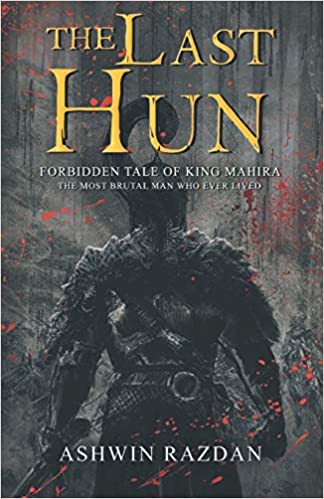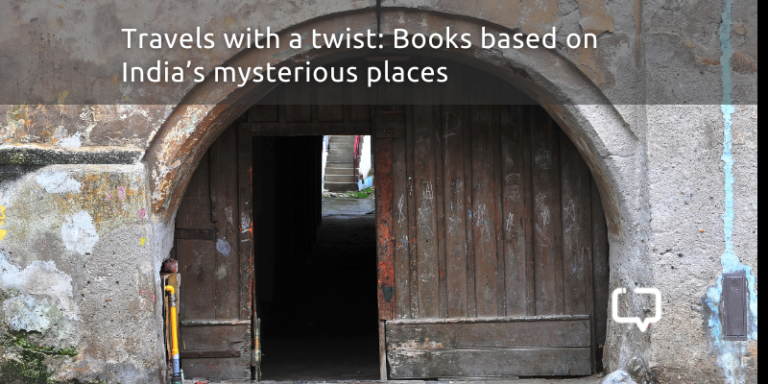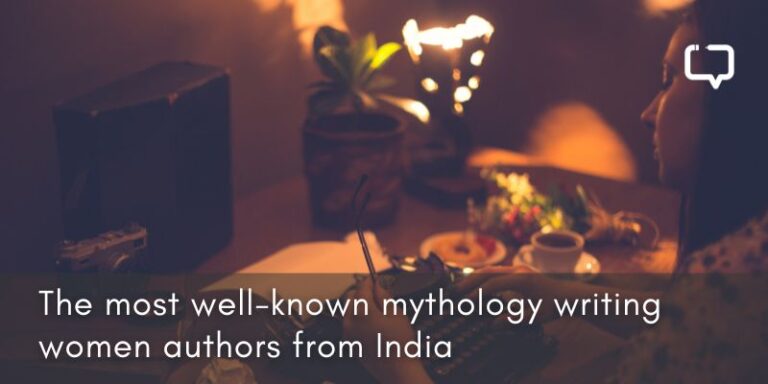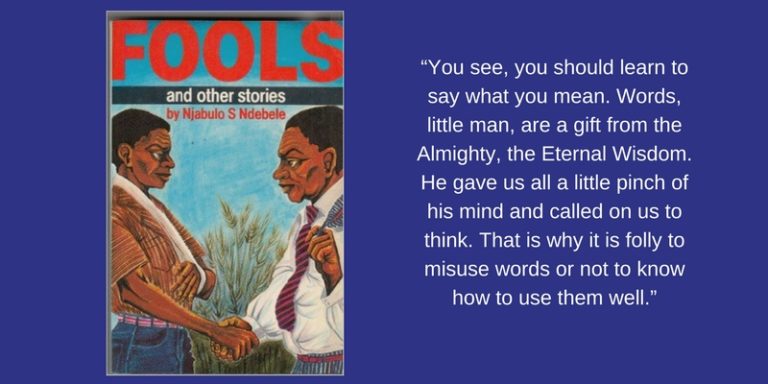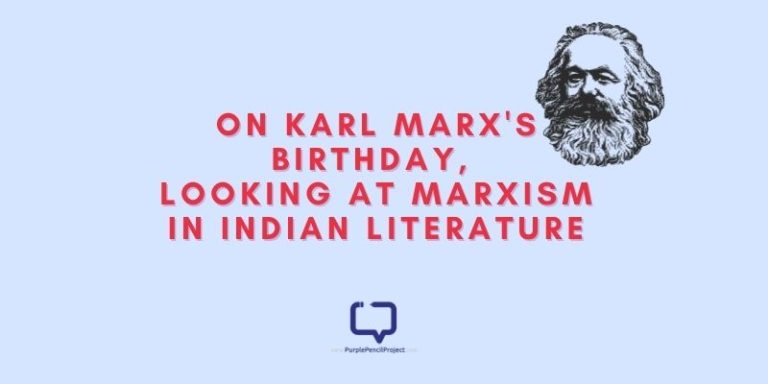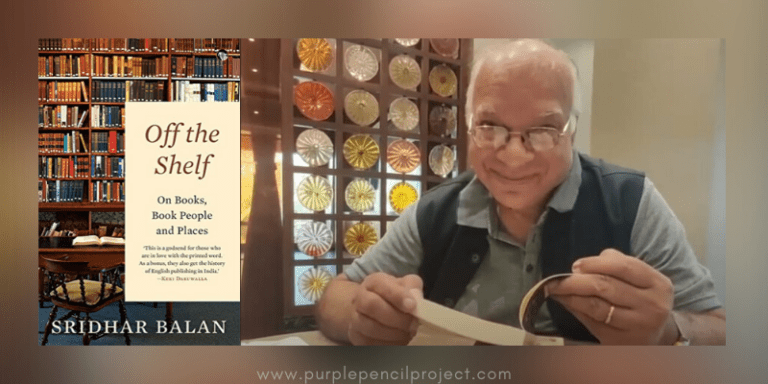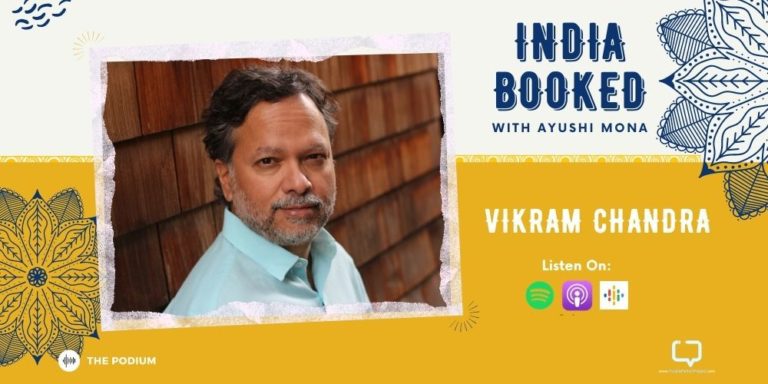The legend of Attila the Hun is a widespread one, the tales of his valour and fierce nature having served as fodder for many a pop reference. But Ashwin Razdan, author of The Last Hun scans the annals of history to create a terrifying blend of fiction and truth and gives us the story of King Mahira of the Hun dynasty, the most brutal man who ever lived.
We encourage you to buy books from a local bookstore. If that is not possible, please use the links on the page and support us. Thank you.
Razdan’s retelling of the story is poignant, the diction soft yet strong. But it is the layered detailing he puts into every single situation, especially the war strategies used by Mahira that take the cake. His narration transports the reader to way back when and keeps one enthralled even when cringing at Mahira’s many crimes.
The premise is that of a murderous, power-hungry king who, much like Macbeth, is driven by his greed and passion to have it all. In this pursuit, he ravages kingdoms including his own thus setting himself up for ruin. Mahira is a formidable king who rules with fear and not love, and a strategist who makes for a worthy adversary. As the story progresses, his backstory unravels for the readers and he undergoes multitudes of changes.
Mahira’s Prophetic Visions
The Hun king is incessantly plagued by splitting headaches. He self-medicates by drinking a potent concoction made from poppy flower and honey, an opiate drug that only reinforces his aggression and violence. He also dreams vividly and spends most of his nights tossing, turning and screaming in his bed, even scaring his poor queen Sitoi.
We are told that there is a biological explanation for his headaches, today, he would have been diagnosed with some form of neural dysfunction as a result of the Hun practice of artificial cranial mutilation (head-binding practices) that was a symbol of higher status. But given the rudimentary medicinal practices of the time and the lack of knowledge, the Hun king believes that his visions and headaches are physical manifestations of his God Shiva who has tasked him with being a man of the highest order.
Mahira soon becomes obsessed with these visions, convinced they are his destiny, he disregards the words of Sitoi and his trusted right-hand man, Jasbir. It all spells the beginning of the end for the king of Sagala.
Relationship With Sitoi
Sitoi and Mahira are polar opposites; she is the calm to his storm. The reader gets a brief glimpse into Sitoi’s psyche in some chapters and sees the often tumultuous relationship that she shares with the brute she calls her husband. Married for a political alliance, Sitoi is at first terrified of her husband, the tales of his infamy haunt her and she spends months protesting, refusing his advances to no avail.
She eventually learns to make peace with her circumstances and teaches herself to love him only to discover that she is the only woman who brings out his tender side. She learns to love him unconditionally; his scars and deeds do not faze her.
Mahira too loves his wife, though conditionally and selfishly. He is enamoured by her auburn hair and light eyes and he often showers her with expensive gifts. When he sees the diamond-studded outfits worn by the Gupta king, he wants to have one made for her too. But the moment he feels that she will become a hurdle in his path to victory, he is not afraid to punish her.
He expresses his toxic love in through brutish possession seeking her out to vent after his nightmares and negotiating for her to go with him into exile even when his enemies have him bound to death.
There are some brighter aspects of his relationship with her. She is the only one capable of swaying his opinion and towards the end of the story, once his temperament is reformed, he becomes a very good husband to her and the two share a brief but beautiful life together.
Hubris
“You cannot kill me! No one can kill me! I am Mahira, son of Toramana, King of all the Hephthalites!”
Mahira bellows as he runs into the jaws of inevitable death and emerges unscathed. He is a ruthless killer, a war strategist and more. His upbringing under the wing of a warrior father, as well as his own determination, cement his notoriety as a skilled warrior.
Mahira’s focus, ambition, and determination make him the king that he is. But they are also qualities that lead to his gradual ruin. He is convinced that his visions are prophetic and he takes much pride in executing his so-called destiny even going so far as to murder Buddhist monks by the dozen in his own kingdom, effectively distancing himself from his own people. His confidence in his ability to defeat the Gupta emperor blindsides him to the alliance the former makes with the king of Malwa.
His ambition, which he justifies by invoking his heritage is his hamartia, he is incapable of being happy with what he has. His greed remains unsatiated and leads him to make gambles instead of critical decisions which do not pay off.
Razdan’s Mahira is an extremely flawed human but a part of him lives on in all of us. But there remains hope, if someone can selflessly love a killer like Mahira then surely none of us are forsaken beings.
Favourite Quote:
The morning broke like a quail’s egg, soft and golden, moving forth in undulations of bright colour and silent bursts on the horizon. It scudded languorously across the green fielfs towards the still tranquil city. It seemed the egg had been angrily hurled in a tantrum of divine, dreamlike malice.
Final Verdict: Razdan’s The Last Hun is a beautifully written book and an absolutely enthralling read. I loved his usage of symbolism and imagery, and his ability to string words together into enchanting images. A perfect weekend read to brush up on India’s rich history and enjoy a fictional retelling of it.
Recommended For: Readers who enjoy historical fiction.
Suggestions:
- Watch Padmaavat, the story of another mad king, for Ranveer Singh’s portrayal if nothing else.
- Of course, read Fire and Blood for a history of the Targaryens.







